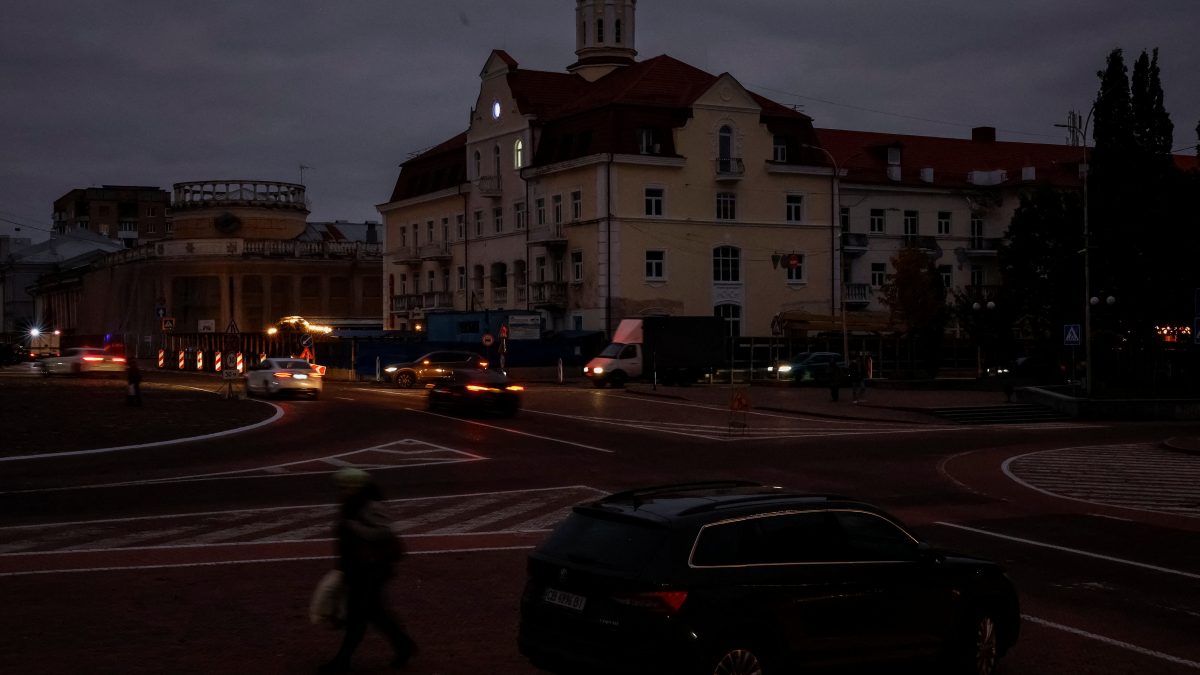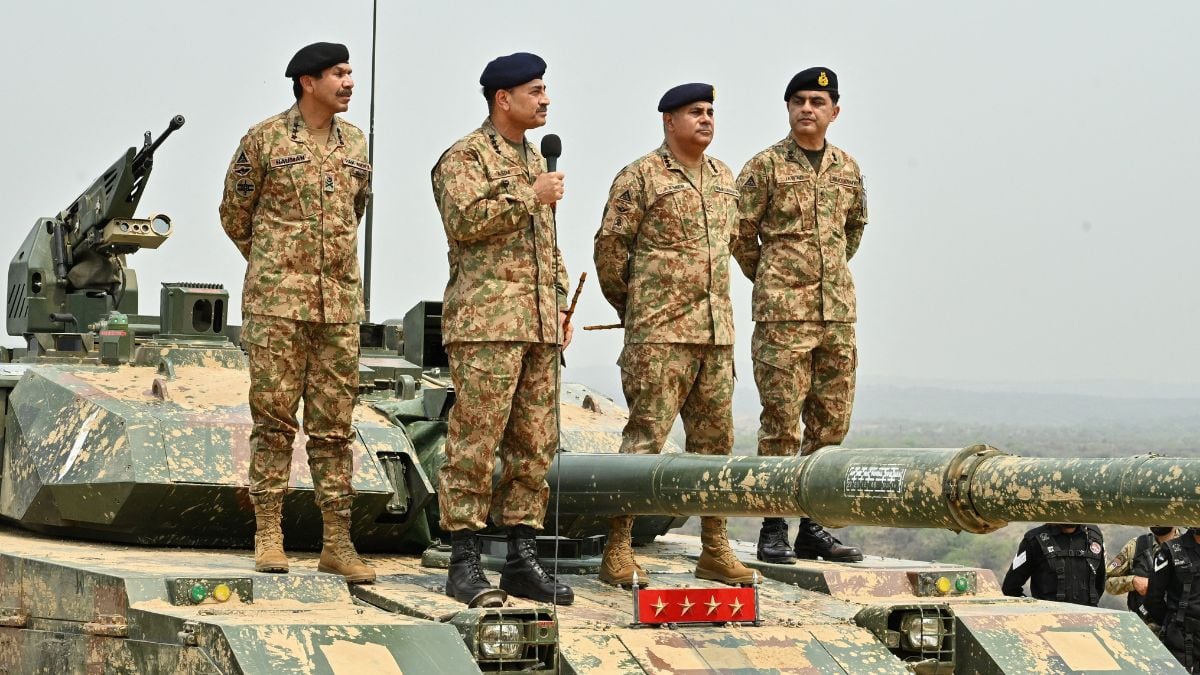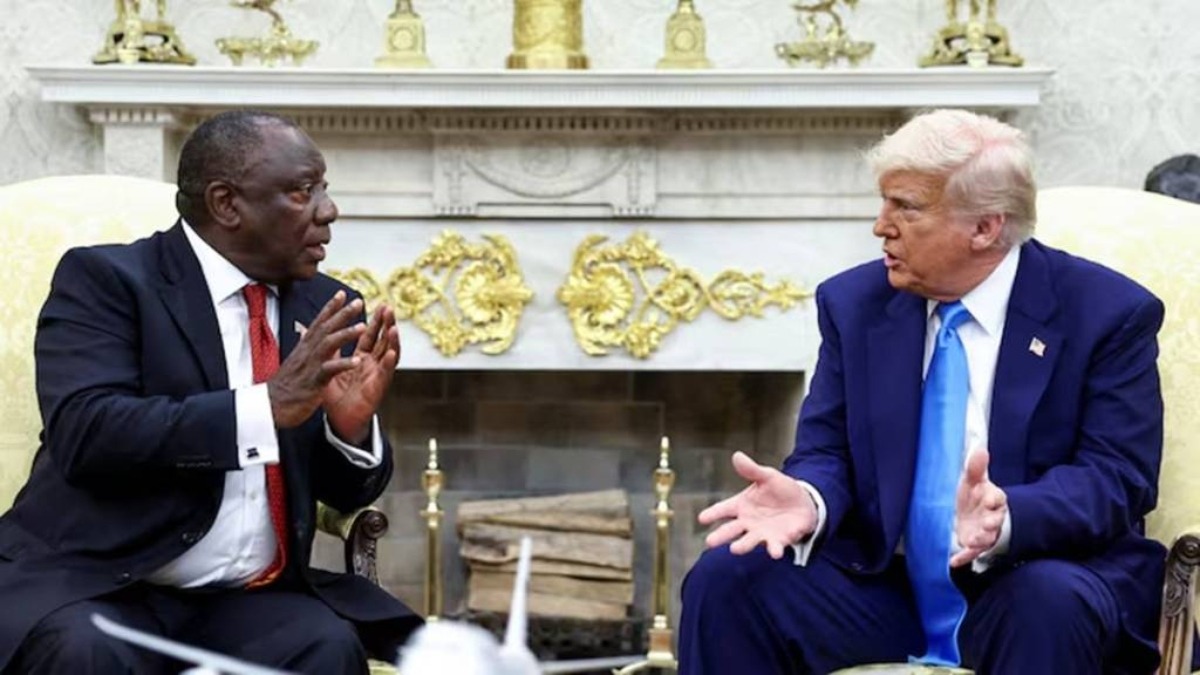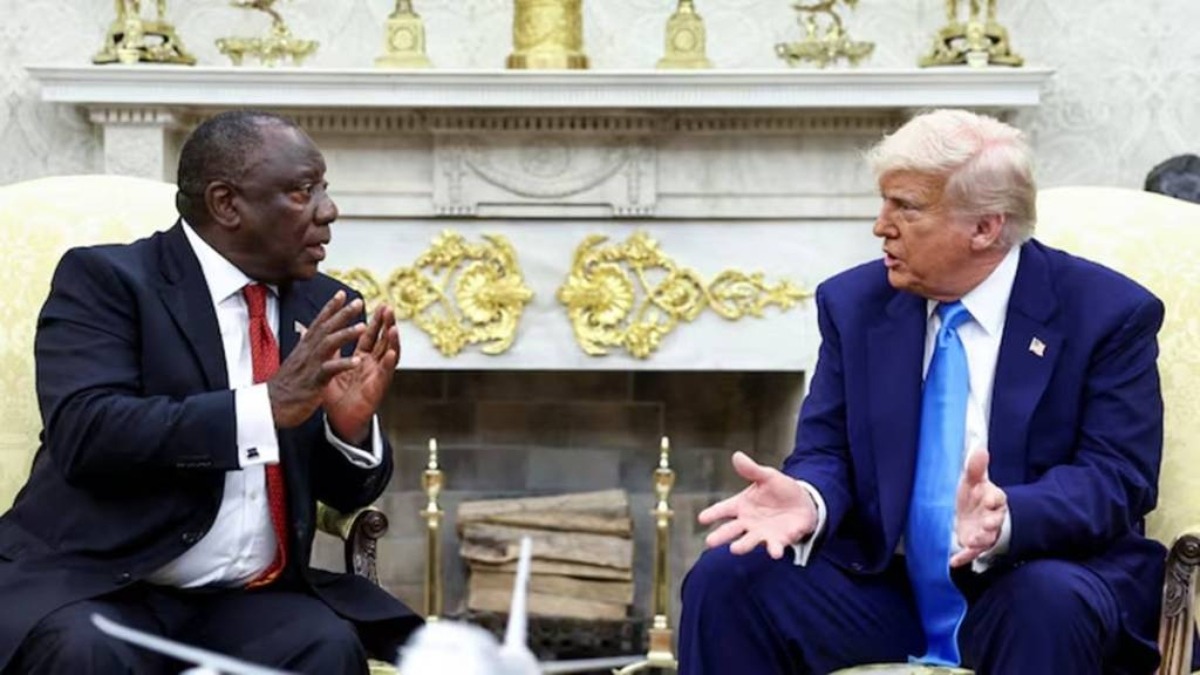Ukraine’s energy infrastructure came under massive attack on Saturday after Russia launched a barrage of attacks, killing one person and triggering power cuts across the country.
Moscow has in recent months escalated its attacks on energy infrastructure in Ukraine, damaging natural gas facilities which produce the main fuel for heating in the country.
Experts have said Ukraine risks heating outages ahead of the winter months.
“The enemy is massively attacking Ukraine’s energy infrastructure again. Because of this, emergency power outages have been introduced in a number of regions of Ukraine,” Energy Minister Svitlana Grynchuk wrote on social media, without specifying where.
“Emergency power outages will be cancelled after the situation in the energy system stabilises,” she said. “Despite the enemy’s plans, Ukraine will have light and heat this winter.”
On the intervening night of Friday and Saturday, authorities triggered air raid alerts, as northeastern Kharkiv and southern Odesa reported drone strikes on energy facilities. A Russian strike in Dnipro ripped through a nine-storeyed building, leaving a woman dead and wounding six, including a child, according to emergency services.
In the capital Kyiv, civil and military authorities said falling debris had caused fires in two locations in the central Pechersky district.
Russia has targeted Ukraine’s power and heating grid throughout its almost four-year invasion, destroying a large part of the key civilian infrastructure.
Drones also hit energy infrastructure in Ukraine’s southern Odesa late Friday evening, the region’s governor, Oleg Kiper, said on Telegram.
Impact Shorts
More ShortsKyiv’s School of Economics estimated in a report that the attacks shut down half of Ukraine’s natural gas production.
Ukraine’s top energy expert, Oleksandr Kharchenko, told a media briefing on Wednesday that if Kyiv’s two power and heating plants went offline for more than three days when temperatures fall below minus 10 degrees Celsius, the capital would face a “technological disaster”.
With inputs from agencies


)

)
)
)
)
)
)
)
)



